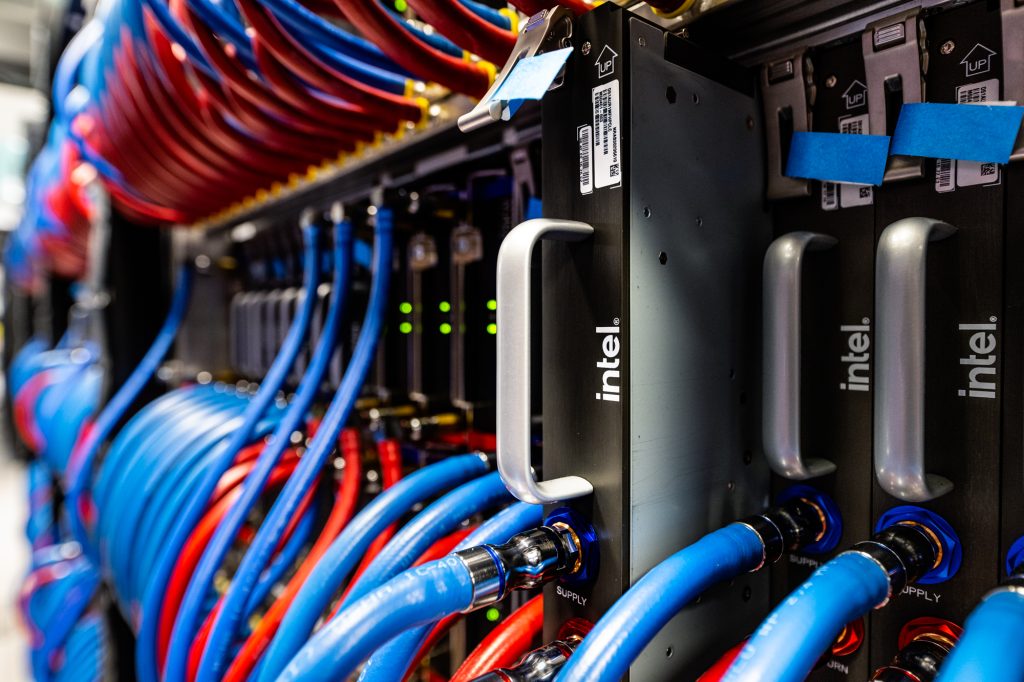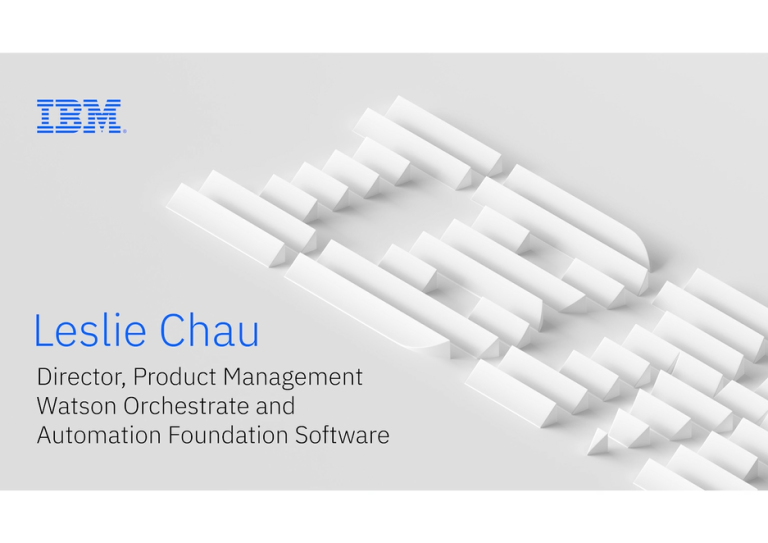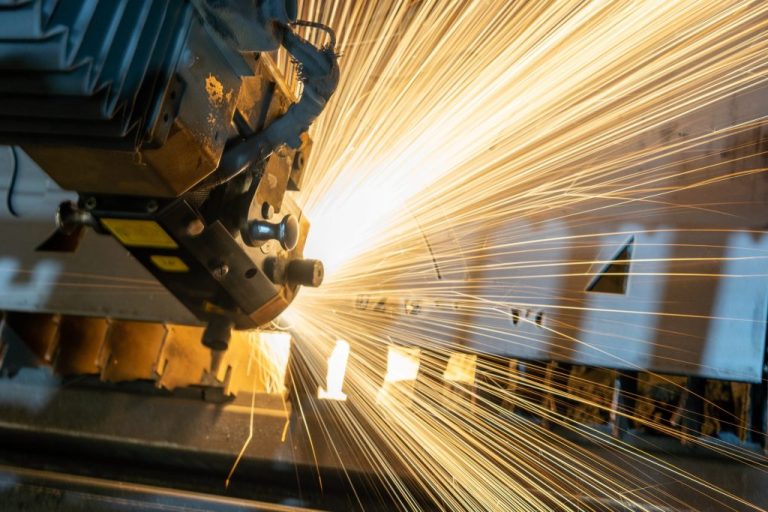Intel’s Aurora Breaks Records as the Fastest AI System with Exascale Computing
Intel’s Aurora Achieves Exascale to Become the Fastest AI System
Intel, in collaboration with Argonne National Laboratory and Hewlett Packard Enterprise (HPE), has announced that its Aurora supercomputer has surpassed the exascale computing threshold by reaching speeds of 1.012 exaflops, establishing itself as the fastest AI-focused system. Ogi Brkic, Intel’s VP and GM of Data Centre AI Solutions, stated, “The Aurora supercomputer surpassing exascale will allow it to pave the road to tomorrow’s discoveries.” This advancement offers groundbreaking potential for tackling complex scientific challenges that could benefit humanity.
Aurora not only excels in speed but also in its innovative design, tailored specifically for AI applications. This supercomputer equips researchers with the tools needed to implement generative AI models, significantly enhancing the pace of scientific discovery. Remarkable achievements utilizing Aurora include mapping the 80 billion neurons in the human brain, improving high-energy particle physics through deep learning, and advancing drug design and discovery with machine learning.
At the heart of Aurora lies the Intel Data Center GPU Max Series, which is built on the revolutionary Intel Xe GPU architecture, optimized for both AI and high-performance computing (HPC) tasks. This advanced technology supports parallel processing capabilities essential for executing complex neural network computations efficiently. The supercomputer features an extensive setup, including 166 racks, 10,624 compute blades, 21,248 Intel Xeon CPU Max Series processors, and 63,744 Intel Data Center GPU Max Series units, making it the largest GPU cluster globally.
In addition to its hardware, Intel offers a comprehensive suite of software tools such as the Intel® oneAPI DPC++/C++ Compiler and a variety of performance libraries, enhancing developer flexibility and system scalability. Furthermore, Intel is expanding its Tiber Developer Cloud by incorporating cutting-edge hardware and improved service capabilities to facilitate the evaluation, innovation, and optimization of AI models and workloads on a large scale.
Looking ahead, the introduction of new supercomputers powered by Intel technology is set to revolutionize numerous scientific fields. For instance, systems like CMCC’s Cassandra aim to advance climate change models, while ENEA’s CRESCO 8 contributes to breakthroughs in fusion energy. This underscores Intel’s commitment to pushing HPC and AI into new frontiers of discovery and innovation.
(Image Credit: Intel)
UK Tackles AI Skills Gap Through NVIDIA Partnership
The UK government is fighting the skills shortage in the AI sector by partnering with NVIDIA to enhance training and resources for the workforce.
Anthropic has introduced its Claude AI models, focusing on applications in U.S. national security, demonstrating the growing intersection between AI and national defense.
Additionally, the Kingdom’s digital transformation was prominently featured at the recent Smart Data & AI Summit, showcasing advancements in technology and innovation.
In a notable legal move, Reddit has filed a lawsuit against Anthropic over allegations of AI data scraping, highlighting ongoing concerns about data usage and privacy.
Join Our Community
Subscribe to our newsletter to receive premium content and the latest updates in technology directly to your inbox.
Artificial Intelligence and Machine Learning are rapidly transforming various sectors, including cloud security. By integrating machine learning into cloud-native container environments, businesses can significantly enhance their security measures. These advancements make it easier to detect vulnerabilities and automate responses, improving overall system integrity.
In the realm of finance and logistics, innovative applications of machine learning are reshaping how businesses operate. Companies are now leveraging predictive analytics and real-time data processing to optimize operations, reduce costs, and enhance decision-making processes, leading to better customer experiences.
Another significant development involves the use of AI in the music industry, where algorithms and bots are allegedly employed to artificially inflate streaming numbers. This not only raises ethical concerns but also prompts discussions about fairness and transparency in digital media.
Moreover, partnering with outsourced developers has proven advantageous. Outsourcing can provide organizations with access to specialized skills and reduced operational costs while allowing them to focus on core competencies and strategic growth.
Virtual Assistants
Reddit Sues Anthropic Over AI Data Scraping
In a significant legal development, Reddit has initiated a lawsuit against Anthropic concerning allegations of unauthorized data scraping related to artificial intelligence applications. This case raises essential questions about data ownership and the ethical boundaries of AI development.
The Modern ROI Imperative: AI Deployment, Security, and Governance
Organizations are increasingly recognizing the need for a robust framework to maximize the return on investment (ROI) from AI technologies. This involves not only effective deployment but also a stringent focus on security and governance. By integrating these elements, businesses can ensure that they capitalize on AI while mitigating potential risks.
AI Enables Shift from Enablement to Strategic Leadership
The advent of AI technologies is transforming the role of leadership within organizations. Companies are moving from merely using AI for enablement purposes to leveraging it for strategic decision-making. This shift allows leaders to harness data-driven insights, enhancing their overall effectiveness and paving the way for innovative growth strategies.







